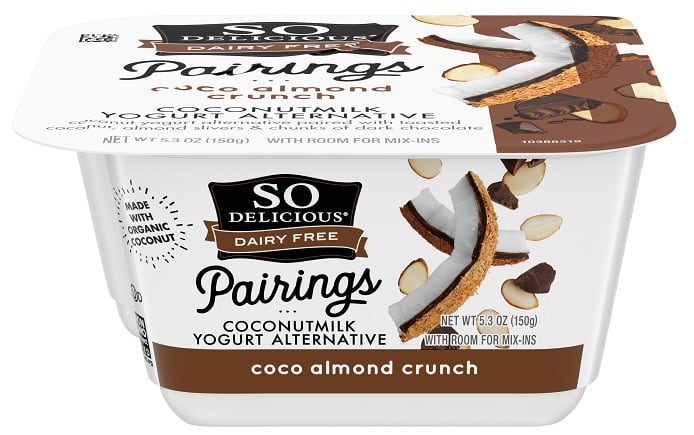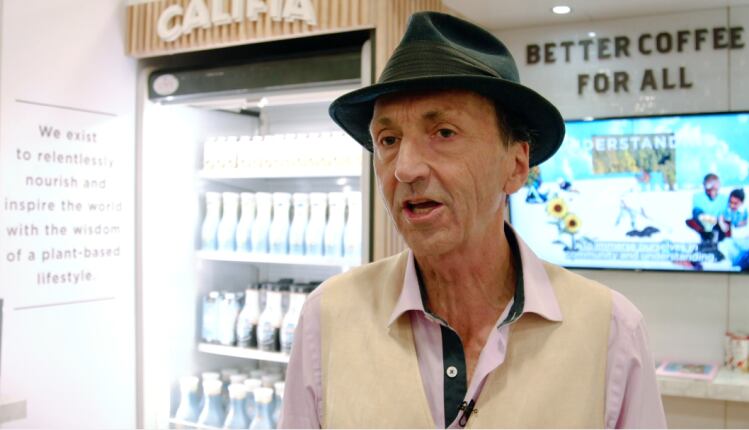“While currently a small percentage of total yogurt sales at approximately 3%, plant-based yogurt and yogurt drinks provide a bright spot in the [larger plant-based] category,” Mary Fair-Taylor, IRI principle of market and shopper intelligence, told attendees during a webinar hosted by FMI late last month.
Citing data from the 52 weeks ending Nov. 3, 2019, Fair-Taylor noted that dollar sales of plant-based yogurt skyrocketed 35% to $205m compared to the prior year. At the same time, household penetration reached 8.7% -- a 2.5% increase from the prior year and nearly triple the number of households purchasing the products since 2015, Fair-Taylor noted.
She noted that the increase in household penetration corresponded with a slight 50 cent decline in dollar sales per buyer, which is “to be expected” given that many new consumers will not be as dedicated as early adopters or more established fans and therefore tend to buy less of a product – dragging down the average.
Similarly, consumers are spending about 3% less on plant-based yogurt per trip, but they are taking 0.3% more trips for the product, she added.
At the same time that consumer spending on plant-based yogurt is going up, sales of total yogurt continue to fall – dropping 1% from a year ago to $7.2b, according to IRI. The consumer and market research firm also reports that household penetration of total yogurt also is slowly declining to 84.2% in 2019 compared to 86.2% in 2015.
Who is buying plant-based yogurt?
As with other plant-based products, consumers are more heavily concentrated on the coasts, but unlike many other categories, plant-based yogurt generated significant sales growth in the plains – a region that is generally slower than others to adopt the trend.
Plant-based yogurt, however, saw a 56.3% increase in dollar sales in the plains to $10.6m in 2019 over the prior year, according to IRI data. To put this in context, dollar sales in the plains during the same period of plant-based meat increased only 10.3% to 3$4.5m while sales of plant-based milk in the region during the same time increased only 4.3% to $99m, according to IRI.
Plant-based yogurt tends to be more popular among Millennials and Gen-Xers with high household incomes and children. As with plant-based milks, there is also a slight skew towards Hispanic shoppers, who also are more likely to be lactose intolerant and therefore seeking an alternative to dairy products.
Product innovation is driving growth
Much of the strong growth in the plant-based dairy segment is driven by product innovation around the base ingredients, said Fair-Taylor.
For example, in 2019, Lavva rolled out nationwide in Whole Foods its plant-based yogurt made from pili nuts and will unveil at Natural Products Expo West a new 'Molten Lavva' line of decadent plant-based desserts. Similarly, the Coconut Collaborative, which uses a coconut base, predicted that 2019 would be a “tipping point” for the plant-based yogurt category.
Hälsa Foods, which offers a 100% oat milk yogurt, also recently announced it is working to convert dairy farmlands to grow organic oats to keep up with anticipated demand for plant-based products.
Bigger players also entered or expanded their offerings in the plant-based yogurt category in 2019 and early 2020, including Danone, Chobani and Siggi’s. More recently, AYO launched a new almond milk yogurt and Kite Hill is expanding its portfolio with coconut milk yogurts.




